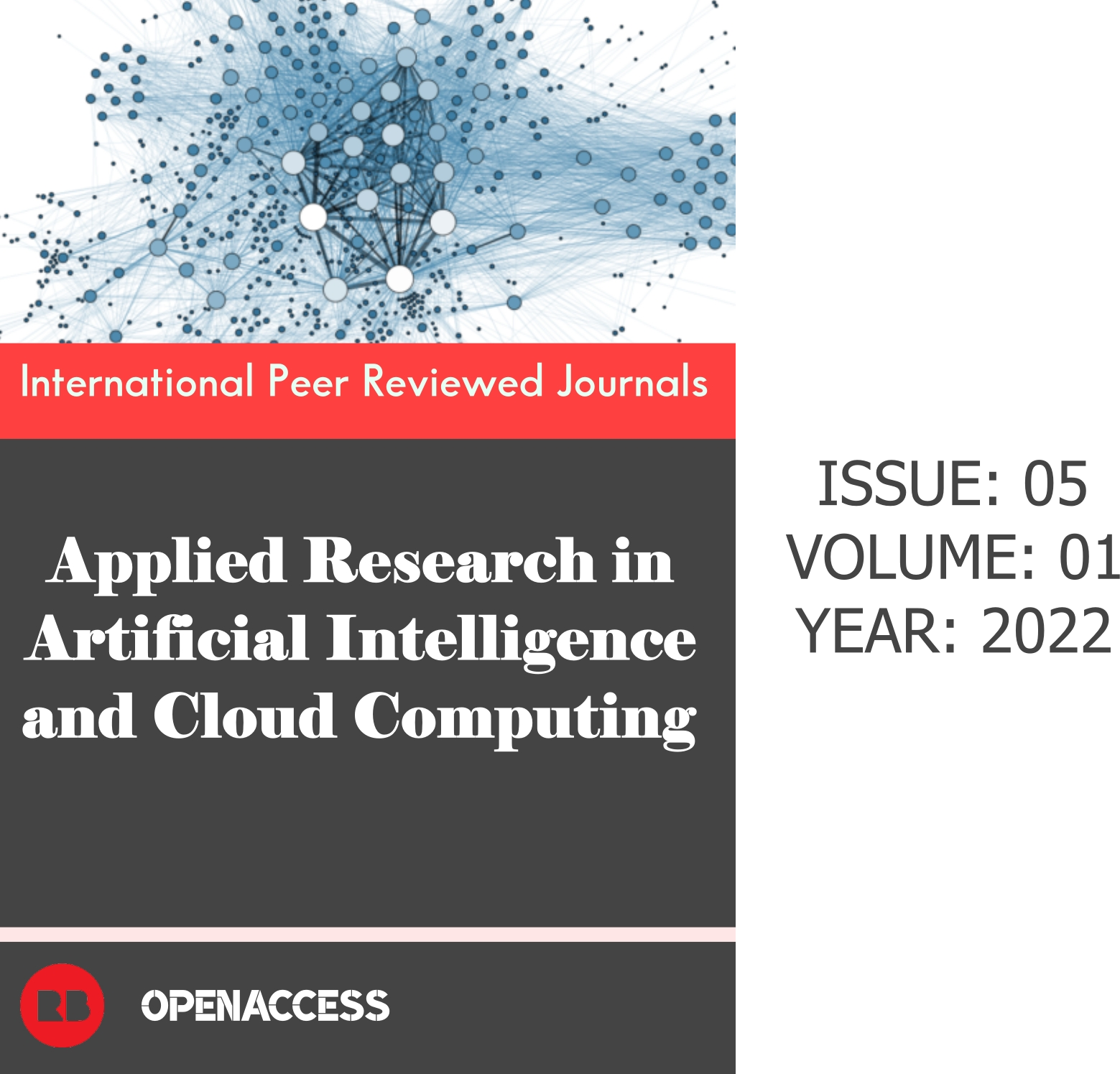Towards Sustainable Urban Futures: Exploring Environmental Initiatives in Smart Cities
Keywords:
Smart Cities, Renewable Energy, Energy Efficiency, Smart Transportation, Waste Management, Green SpacesAbstract
Environmentally sustainable smart cities have emerged as a promising approach to address the challenges of urbanization while promoting sustainable development and enhancing residents' quality of life. This research article presents the key findings of a comprehensive study that explores the various aspects and initiatives found in environmentally sustainable smart cities.Renewable energy plays a pivotal role in these cities, with a strong emphasis on harnessing solar, wind, and geothermal power. Investments in clean energy infrastructure, such as solar panels, wind farms, and geothermal plants, significantly reduce reliance on fossil fuels and contribute to lower carbon emissions.Energy efficiency is another critical aspect of sustainable smart cities. These cities prioritize the use of smart grids for optimized energy distribution, smart meters for real-time energy monitoring and control, and energy-efficient buildings equipped with insulation, lighting, and HVAC systems that minimize energy consumption.Smart transportation is a key initiative in environmentally sustainable smart cities, focusing on reducing traffic congestion and air pollution. Electric vehicles (EVs) are promoted, accompanied by the development of charging infrastructure. Intelligent transportation systems aid in effective traffic management, while active transportation modes such as cycling, walking, and public transportation are encouraged.Efficient waste management systems are implemented to minimize landfill waste and promote recycling and composting. Smart waste bins equipped with sensors optimize waste collection routes, reduce littering, and provide real-time data on fill levels, aiding in effective waste management.Water management strategies are prioritized to conserve this precious resource. Smart water meters monitor consumption patterns, rainwater harvesting systems are implemented, water-efficient practices are promoted in buildings, and advanced leak detection technologies minimize water loss.Green spaces and biodiversity conservation are fundamental in environmentally sustainable smart cities. By integrating parks, gardens, rooftop greenery, and urban forests, these cities enhance residents' well-being, improve air quality, and provide habitats for wildlife, thus promoting biodiversity.Data analytics and the Internet of Things (IoT) play a crucial role in monitoring and optimizing various city systems. Real-time data collection and analysis enable effective management of energy usage, traffic flow, waste management, and other infrastructure, facilitating informed decision-making and resource allocation.Citizen engagement is fostered in environmentally sustainable smart cities. Platforms for citizen participation enable residents to provide feedback, report issues, and actively contribute to decision-making processes related to urban planning, energy conservation, waste management, and other sustainability initiatives.The implementation of these strategies in environmentally sustainable smart cities aims to reduce carbon footprints, enhance resource efficiency, improve air and water quality, and create healthier and more livable urban environments. By embracing technology, innovation, and citizen engagement, these cities pave the way for a sustainable and resilient future.

Downloads
Published
How to Cite
Issue
Section
License
Copyright (c) 2022 Applied Research in Artificial Intelligence and Cloud Computing

This work is licensed under a Creative Commons Attribution-NonCommercial-NoDerivatives 4.0 International License.




